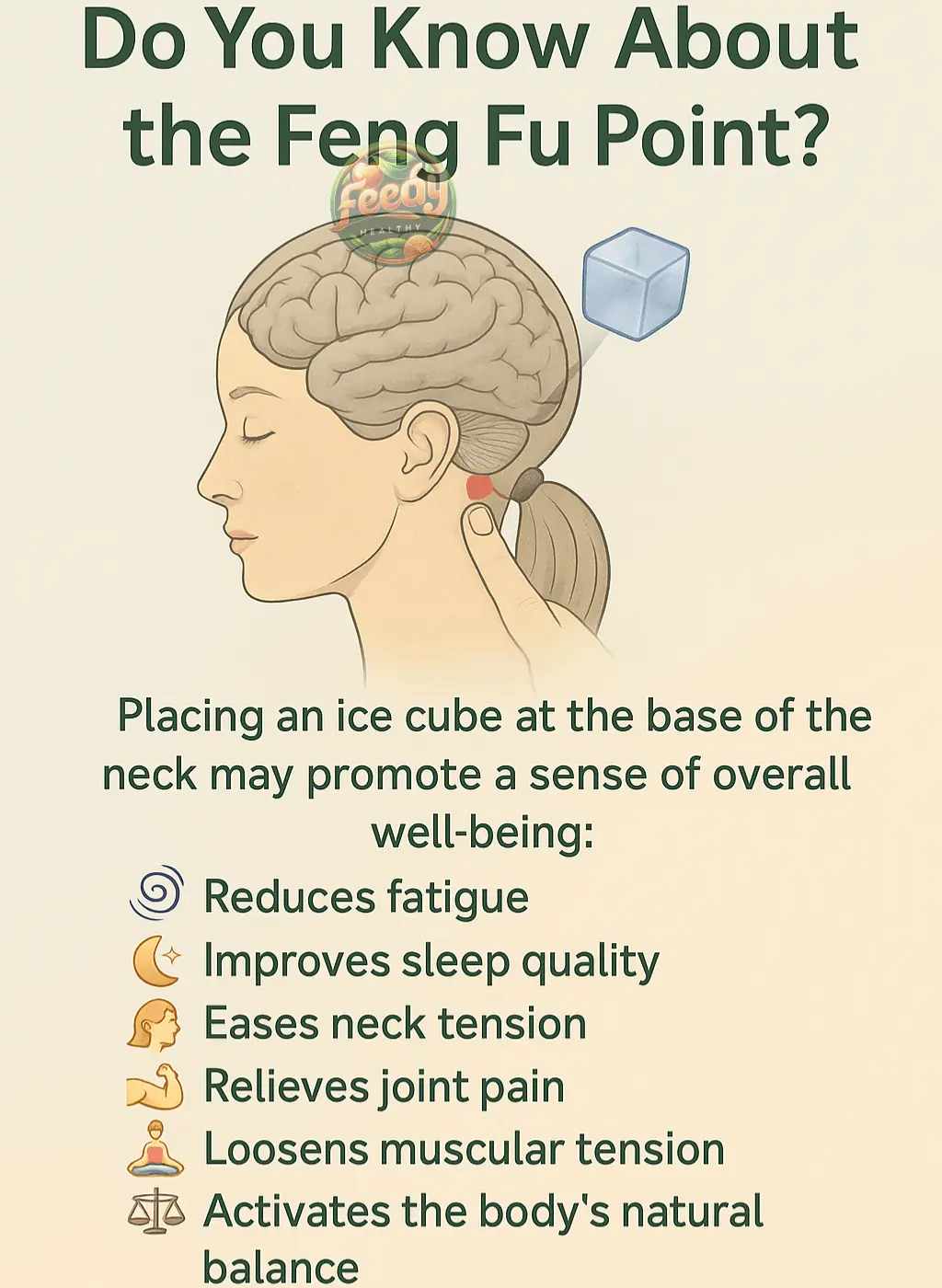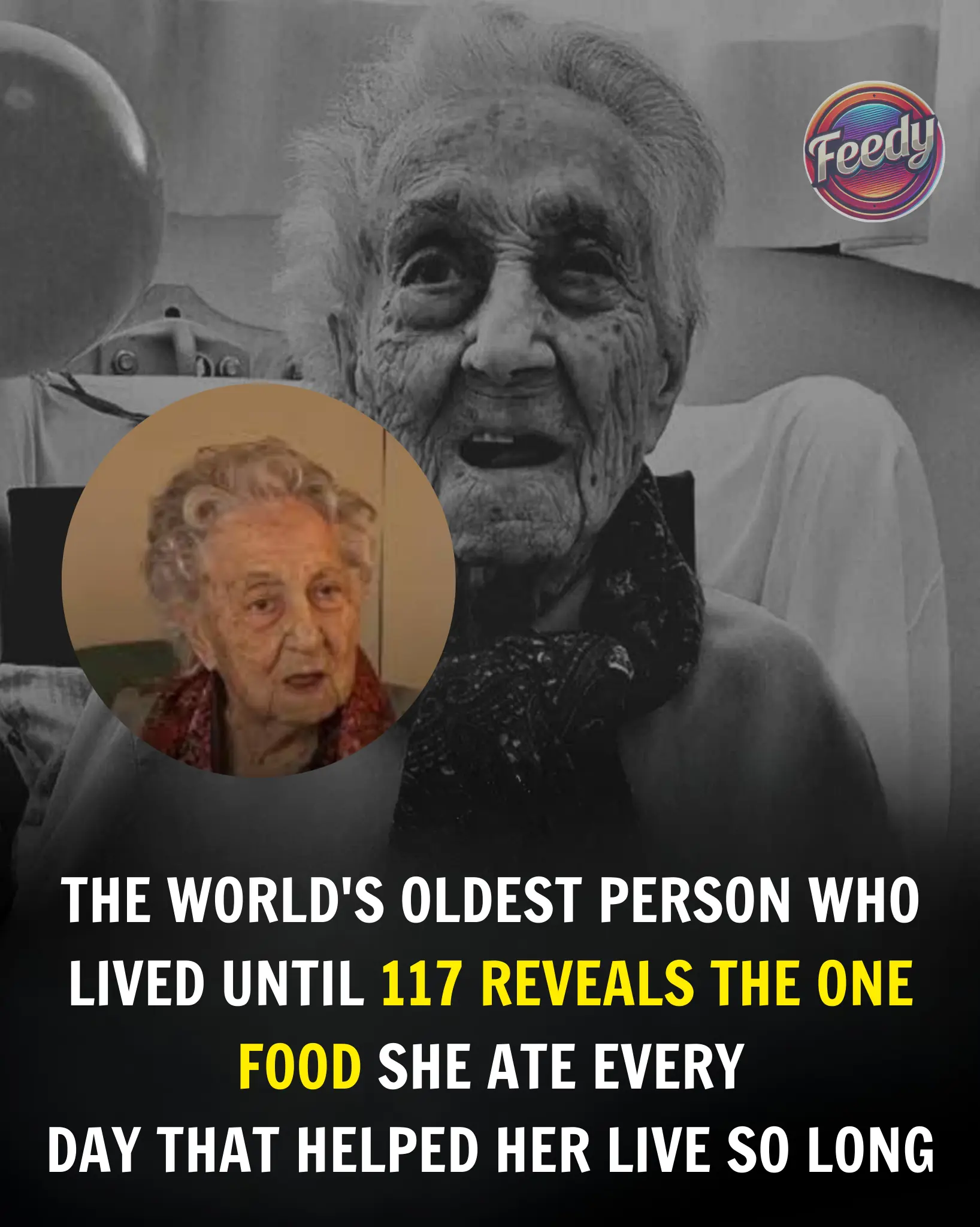
Tesla Faces $10 Billion Repair Bill After Major Defect Found in 4 Million Vehicles
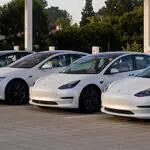
Tesla, Elon Musk, and the Broken Promise of Full Self-Driving
Elon Musk has built a reputation on bold promises—and sometimes, on equally bold delays. From missing Cybertruck production deadlines to ambitious claims about the future of Tesla technology, Musk has often admitted he is a "pathological optimist."
However, not all promises can be solved by simply pushing back a timeline. Perhaps the most significant broken pledge came in 2016, when Musk declared that all Tesla vehicles produced from that year onward would have the necessary hardware for full self-driving (FSD).
Now, nearly a decade later, that statement has proven false, leaving millions of Tesla owners stuck with defective, outdated systems.
🚗 Millions of Teslas Stuck With Defective Self-Driving Hardware
Since 2016, Musk has insisted that Tesla’s FSD capabilities were "just around the corner." He promised that all Teslas would eventually receive a simple software update unlocking full autonomy.
However, the vehicles built with Tesla’s HW2.5 hardware were quickly found to be incapable of supporting full self-driving. Tesla responded by introducing HW3—a new hardware suite—retrofitting some vehicles, and promising this would be the true foundation for FSD.
But by 2023–2024, Tesla began rolling out yet another upgrade: HW4, a much more powerful computer system. Despite earlier claims, Musk admitted during a conference call that even HW3 is not powerful enough to achieve true FSD.
This stunning admission means approximately 4 million Teslas are now equipped with hardware that will never be capable of full self-driving as originally promised.
🛠️ Musk’s Solution: Painful, Expensive Retrofitting
Acknowledging the problem, Musk stated:
"We’re going to have to upgrade people’s Hardware 3 computers... It’s going to be painful and difficult, but we’ll get it done."
However, no clear upgrade plan has been shared. Analysts estimate that retrofitting all affected vehicles could cost Tesla upwards of $10 billion. Musk himself even joked that he’s "kind of glad not that many people bought the FSD package."
⚖️ Tesla Faces Legal Trouble for False Advertising
In 2022, a judge ordered Tesla to upgrade a customer's self-driving computer for free, citing false advertising. The case involved a Tesla Model 3 owner who had been promised FSD capabilities but was later told they would need to pay over $1,100 for additional hardware.
The judge ruled that Tesla had misled consumers, reinforcing the idea that the company’s promises were not just optimistic—they were misleading.
Similarly, consumers with HW2.0 or HW2.5 are currently eligible for a free HW3 upgrade if they purchased the FSD package. However, customers who subscribed to FSD must pay an additional $1,000 (down from the original $1,500) for the hardware installation—on top of the $10,000 upfront cost or $199 monthly subscription fee.
Even then, Tesla's FSD still requires driver supervision and is far from the true autonomy Musk once promised, such as the "robotaxis" that were supposed to launch by 2020.
📢 California DMV and Federal Lawsuits Against Tesla
Tesla’s challenges are mounting. The California Department of Motor Vehicles (DMV) accuses Tesla of misleading advertising, claiming the company exaggerated Autopilot and Full Self-Driving capabilities.
While Tesla’s website insists their cars are not fully autonomous, it also makes grandiose claims like:
"All you will need to do is get in and tell your car where to go."
In addition, a class-action lawsuit filed by Briggs A. Matsko alleges that Tesla has misrepresented FSD capabilities since 2016, endangering customers and distorting public perception of autonomous driving.
Matsko himself paid a $5,000 premium for Enhanced Autopilot in his 2018 Tesla Model X—and, like many others, has yet to experience anything close to a fully self-driving car. Tesla has not yet publicly responded to this lawsuit.
🛑 Conclusion: A Broken Promise That Can’t Be Ignored
Elon Musk’s visionary ambition has pushed Tesla to the forefront of electric vehicles. But with millions of owners left with defective hardware, broken promises around full self-driving now threaten the company’s credibility.
Without a clear and immediate plan for retrofitting affected vehicles, Tesla faces growing legal, financial, and reputational risks—and consumers are increasingly asking: Can Tesla really deliver on its boldest promises?
News in the same category

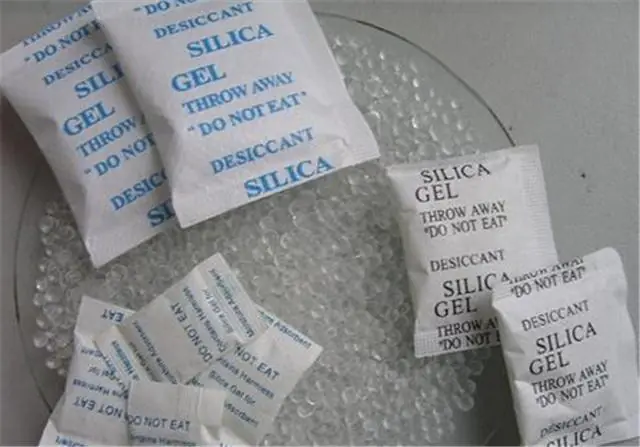
Stop Throwing Out Silica Gel Packets

Zookeepers Stand By as Chimp Drowns—Until a Brave Truck Driver Leaps Into Action
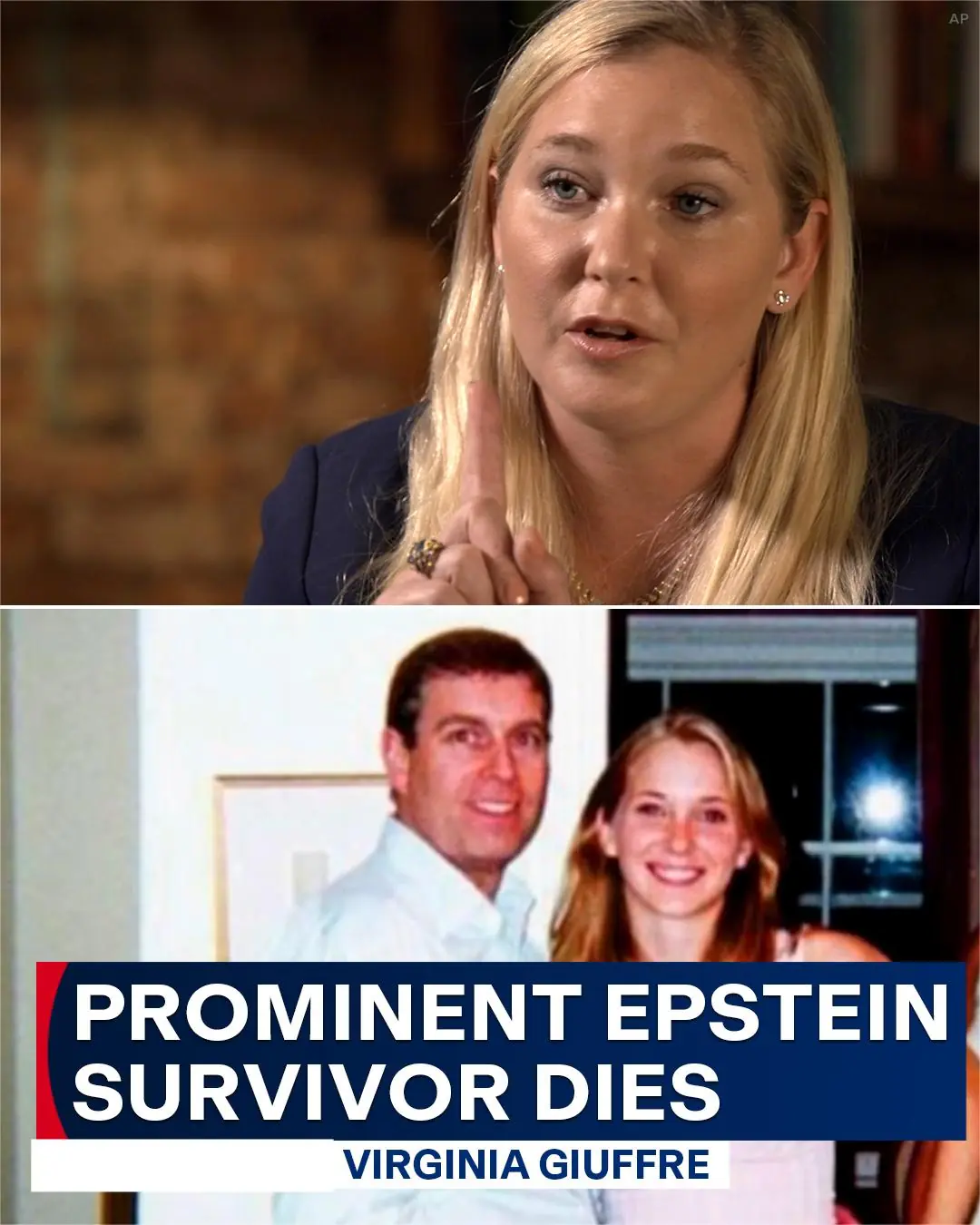
Prince Andrew and Jeffrey Epstein accuser Virginia Giuffre dies on family farm in Western Australia

The Surprising Truth Behind Why We Cross Our Legs — It’s More Than Comfort
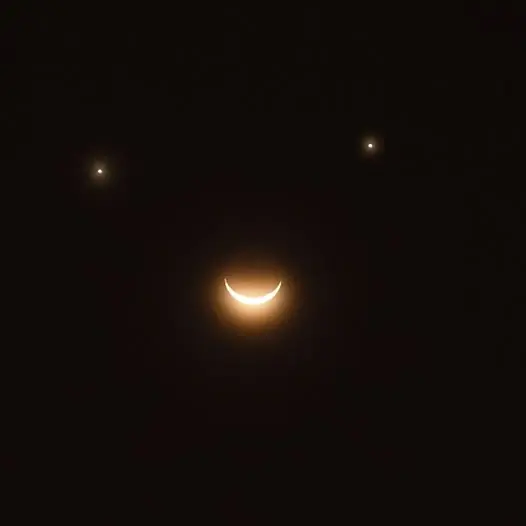
The Moon, Venus, and Saturn Will Form a 'Smiley Face' Alignment This Week—Here's How to See It
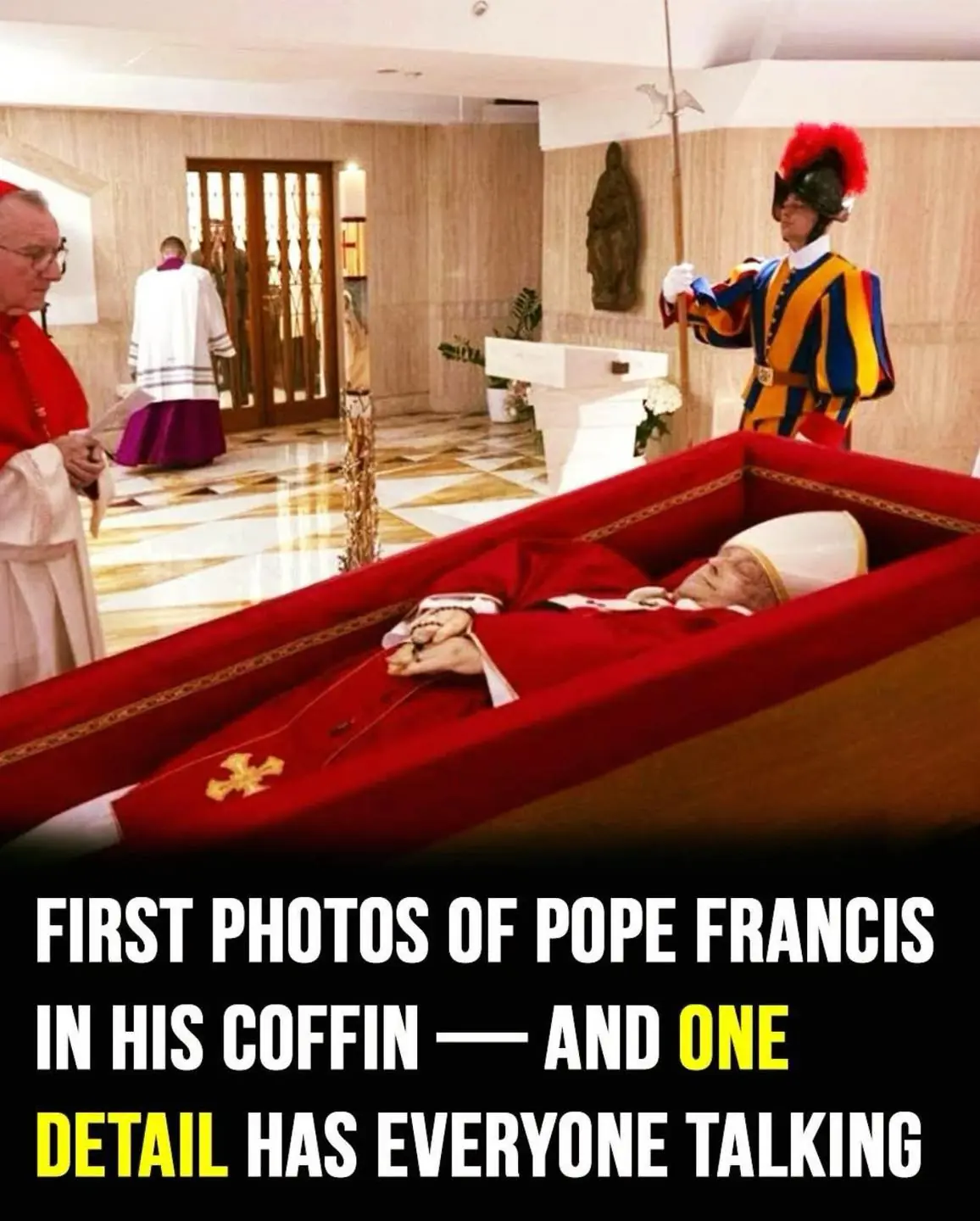
The holy relics inside Pope Francis’ casket
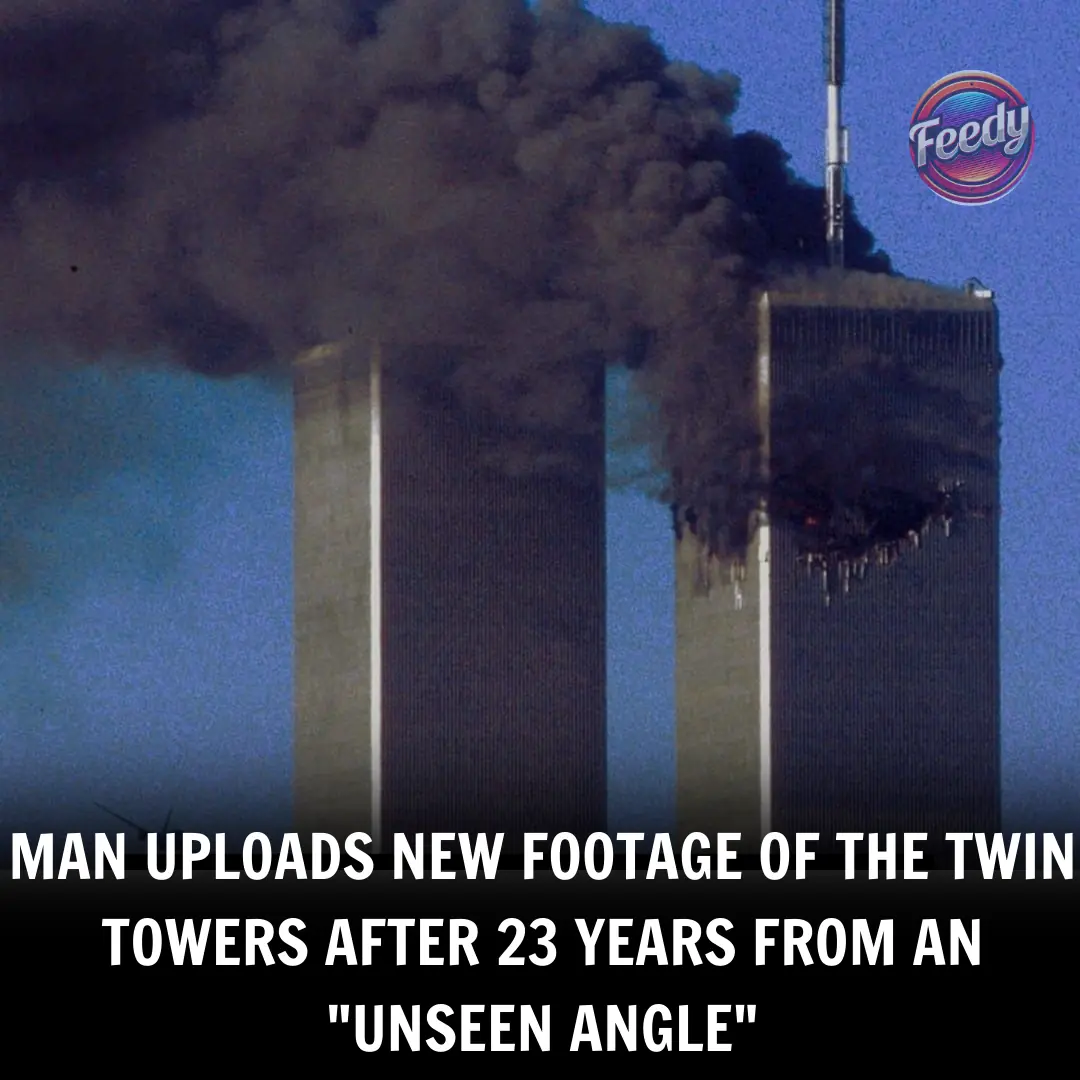
Man Releases Chilling Never Seen Before Footage of Twin Tower Collapse
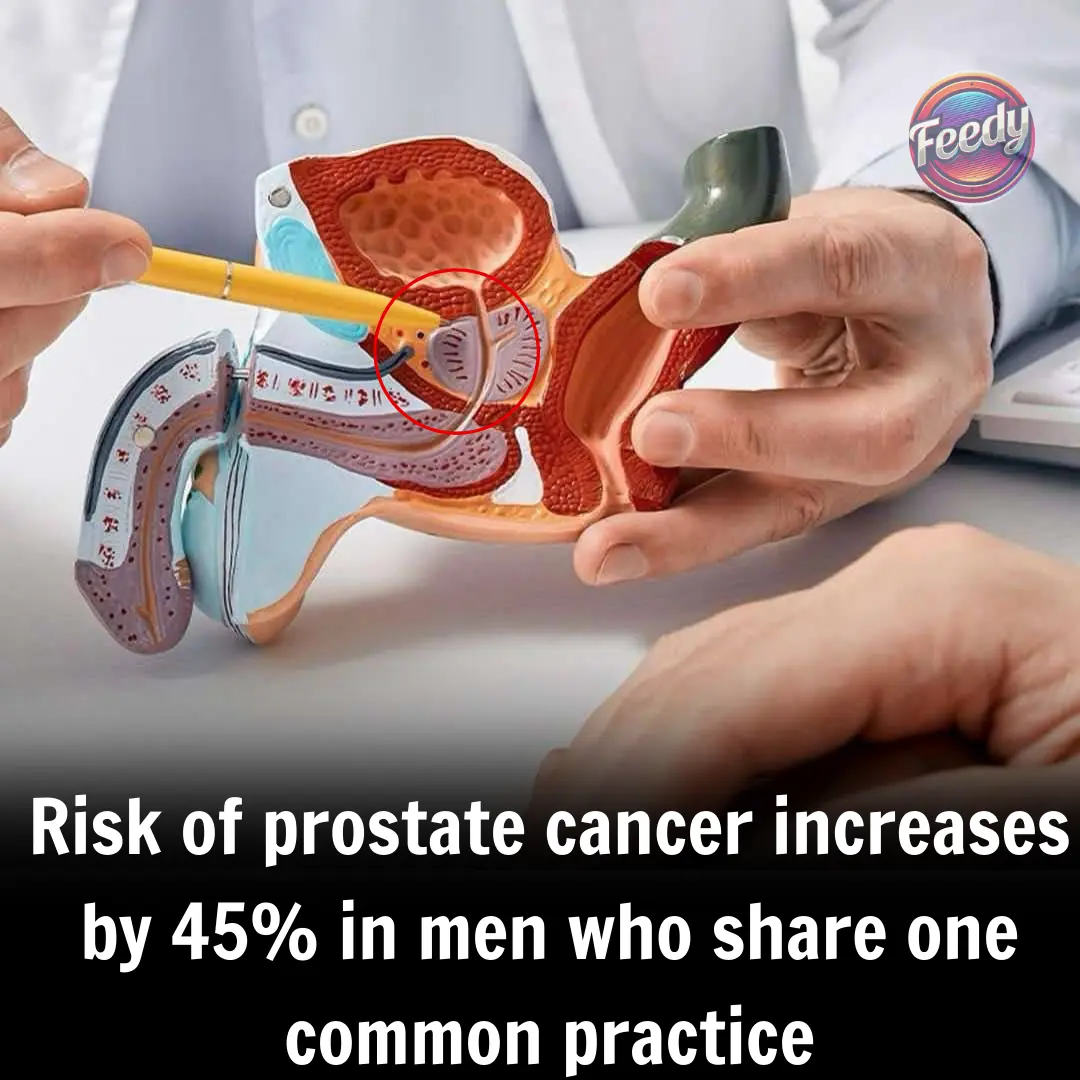
Risk of prostate cancer increases by 45% in men due to a common practice

Hailey Bieber Reveals She Has 2 Ovarian Cysts
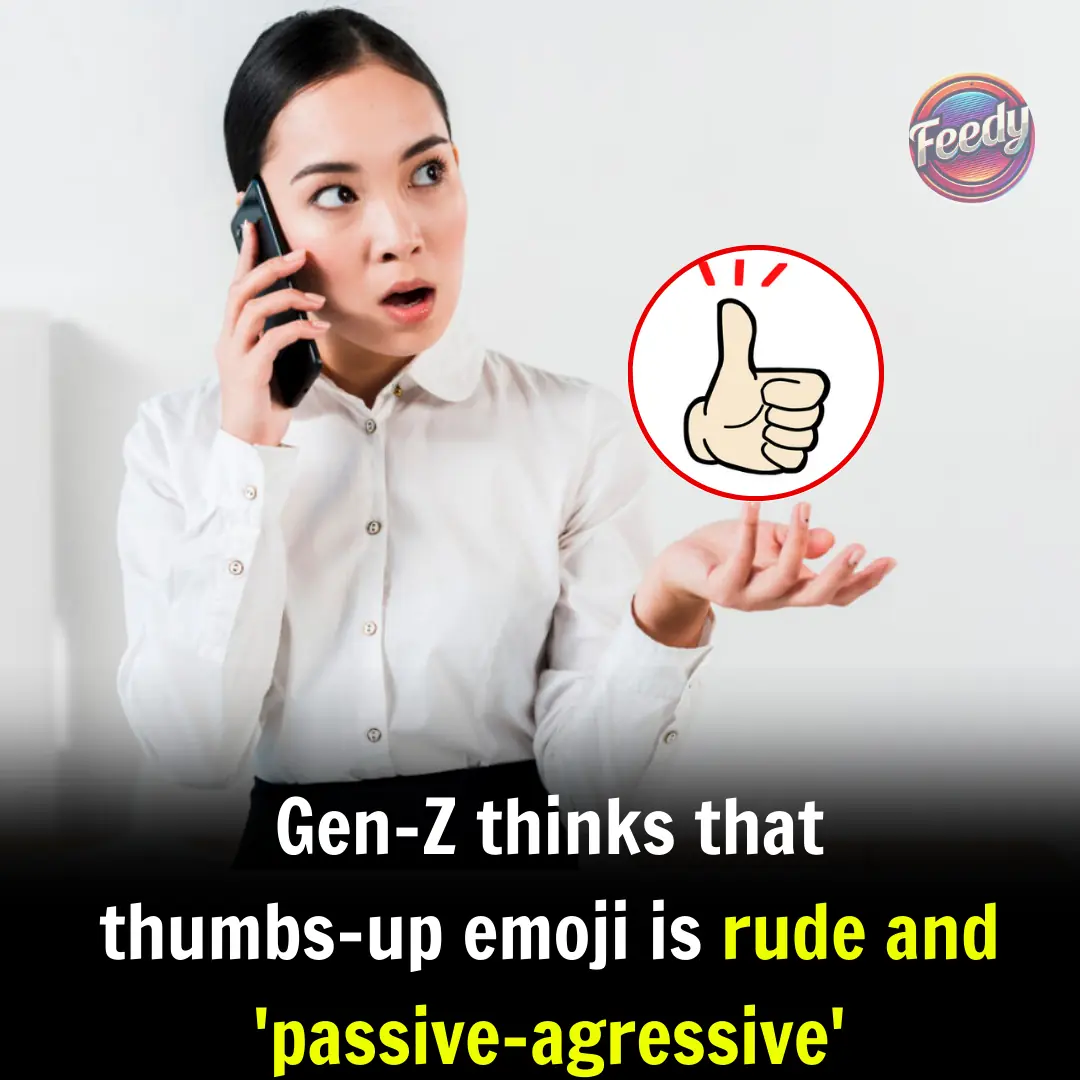
Gen-Z does not like ‘passive aggressive’ thumbs up emoji

Don’t Miss the Celestial Smile: Venus, Saturn & the Moon Align in a Rare Sky Event on April 25

Princess of Wales – A Beauty with a Big Heart!

Air Fryer Craze: What You Should and Shouldn’t Cook in It
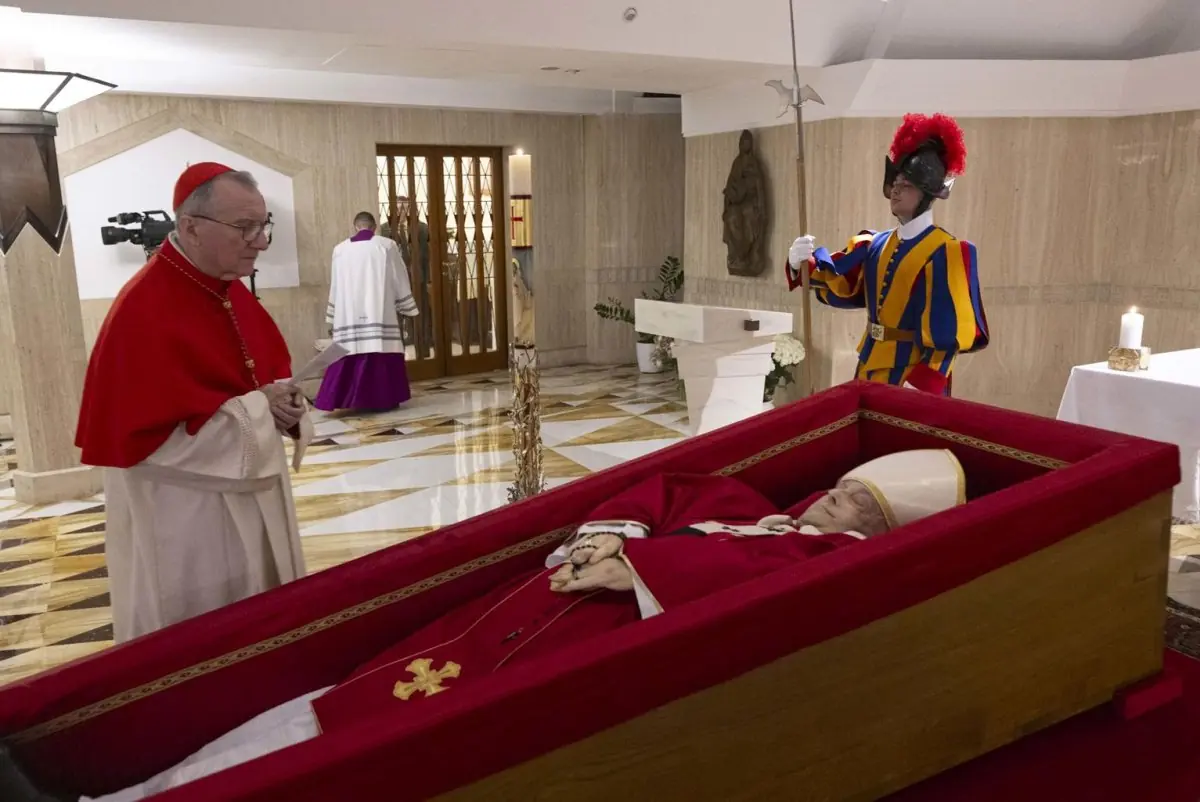
Final Farewell to a Beloved Shepherd:…Pope Francis’ Funeral Set for Saturday in St. Peter’s Square..

Zendaya and Tom Holland Are Engaged

Keith Urban breaks down when he hears Kelly Clarkson sing her heart out

Dick Van Dyke Found Love Again with a Makeup Artist After Losing His Partner of 35 Years – Pics of the Beauty
News Post

The world’s oldest woman, who lived to 117, ate the same meal every day throughout her life
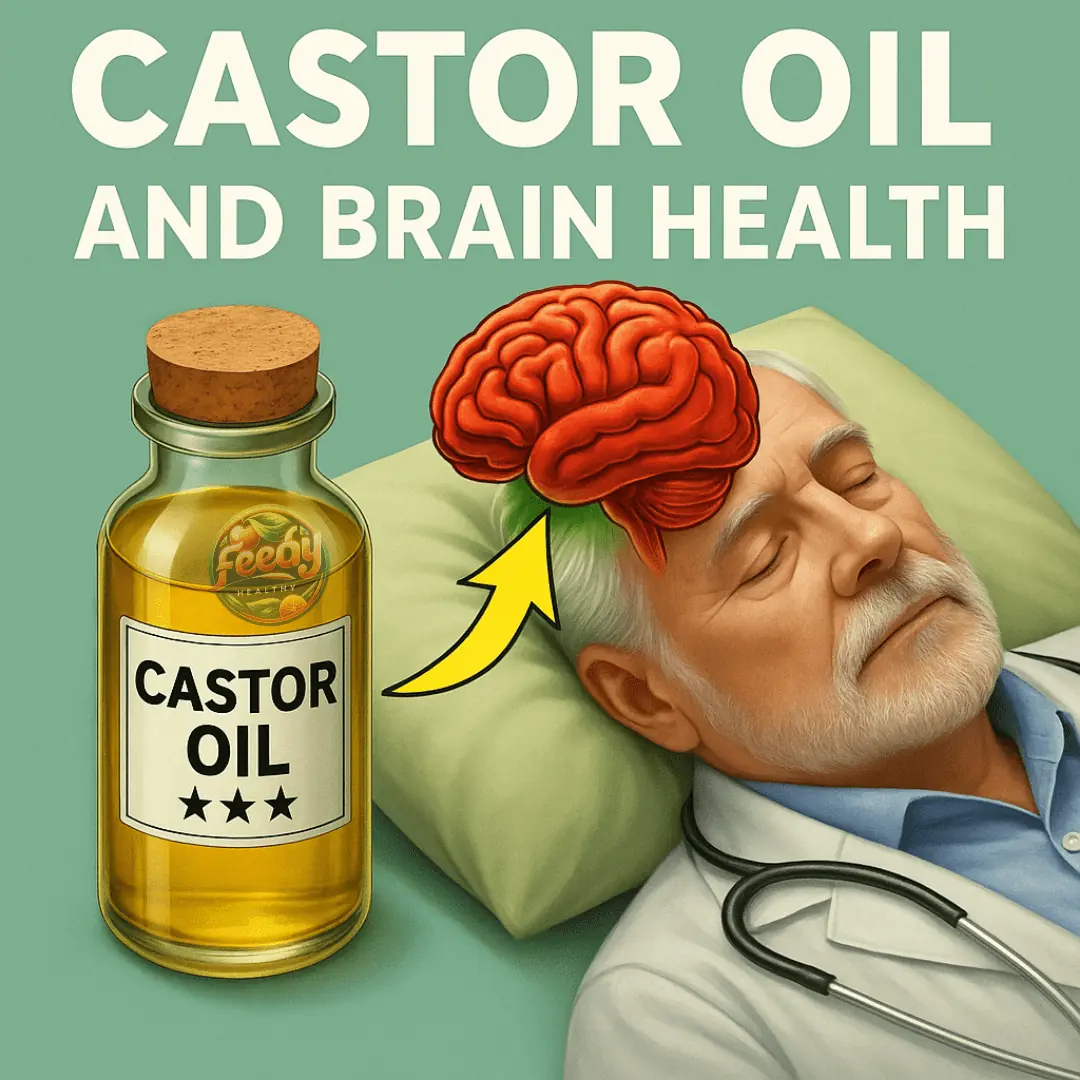
Castor Oil After 50: Here is What Happens After 7 Days of Use

🌿 Benefits of Bay Leaf and Cinnamon Tea

Things to Know Before Collecting Fig Sap

Flaxseeds Collagen Night Gel
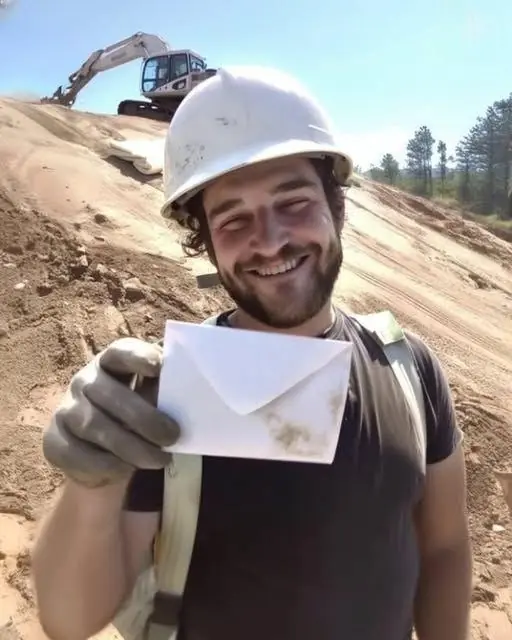
A Father’s Last Gift: A Bricklayer Opens an Envelope 10 Years After His Father’s Death

4 Ways to Treat Dark Spots With Potato
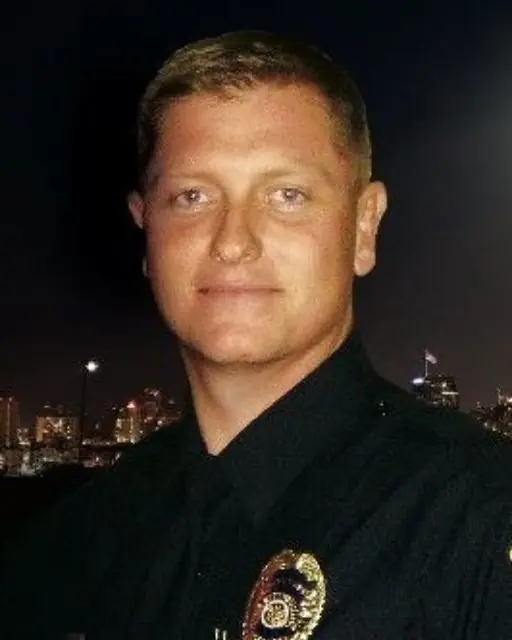
A police officer’s last gesture of compassion transformed my son’s life—just moments before he departed.

I always hated my father because he was a motorcycle mechanic, not a doctor or lawyer like my friends’ parents.
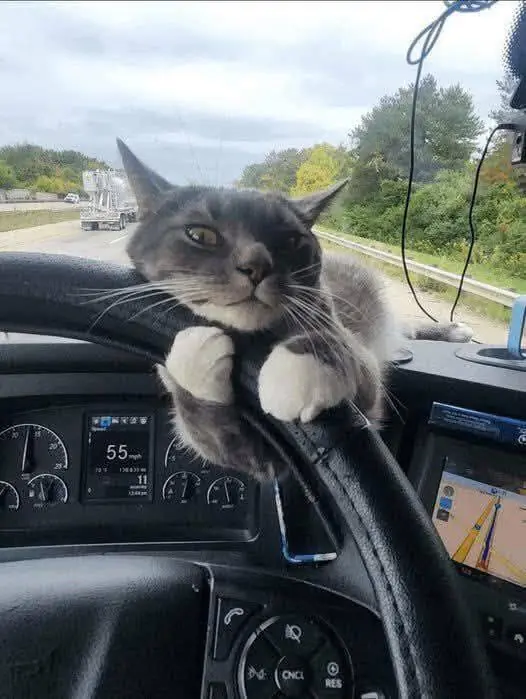
I found him on a rainy morning, abandoned near a gas station by the highway.

Hair Growth Formula: How to Use Vaseline and Onion to Grow Hair 2cm Per Day!

He fed his dogs before himself, but what was in his bag showed something else.
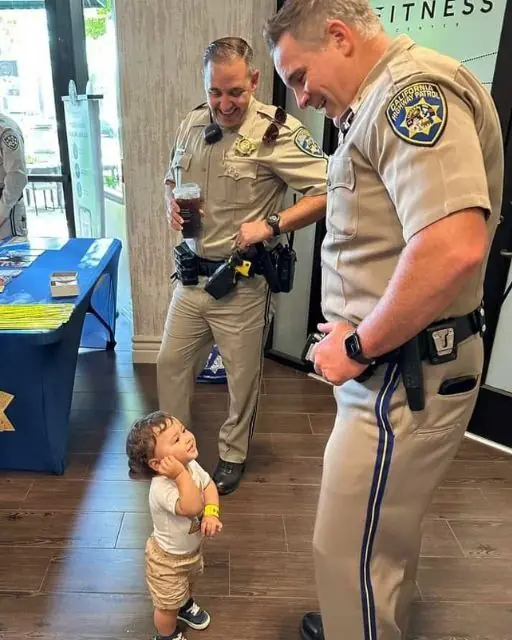
MY SON BECAME BEST FRIENDS WITH TWO POLICE OFFICERS WHILE I WAS JUST WAITING TO GET CASH FROM THE ATM
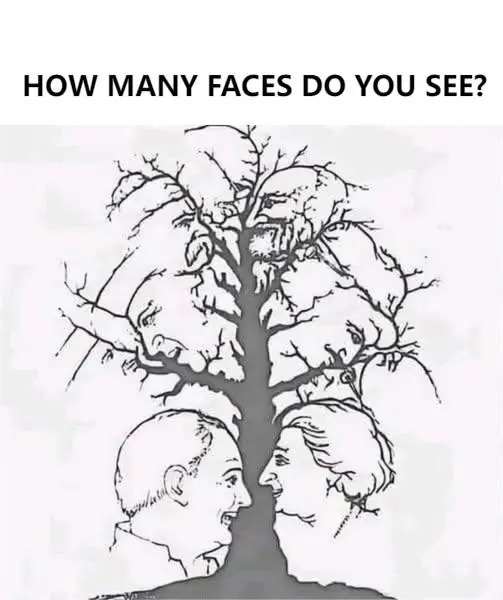
Can you find all the hidden faces in this tricky picture?

Tomato Facial At Home For Brighter and Lighter Complexion

Vaseline + White Vinegar = Magic! Amazing Hacks You Never Knew

Natural Defense Against Colds and Flu

Breathe Easy: Natural Remedies to Soothe Your Cough
